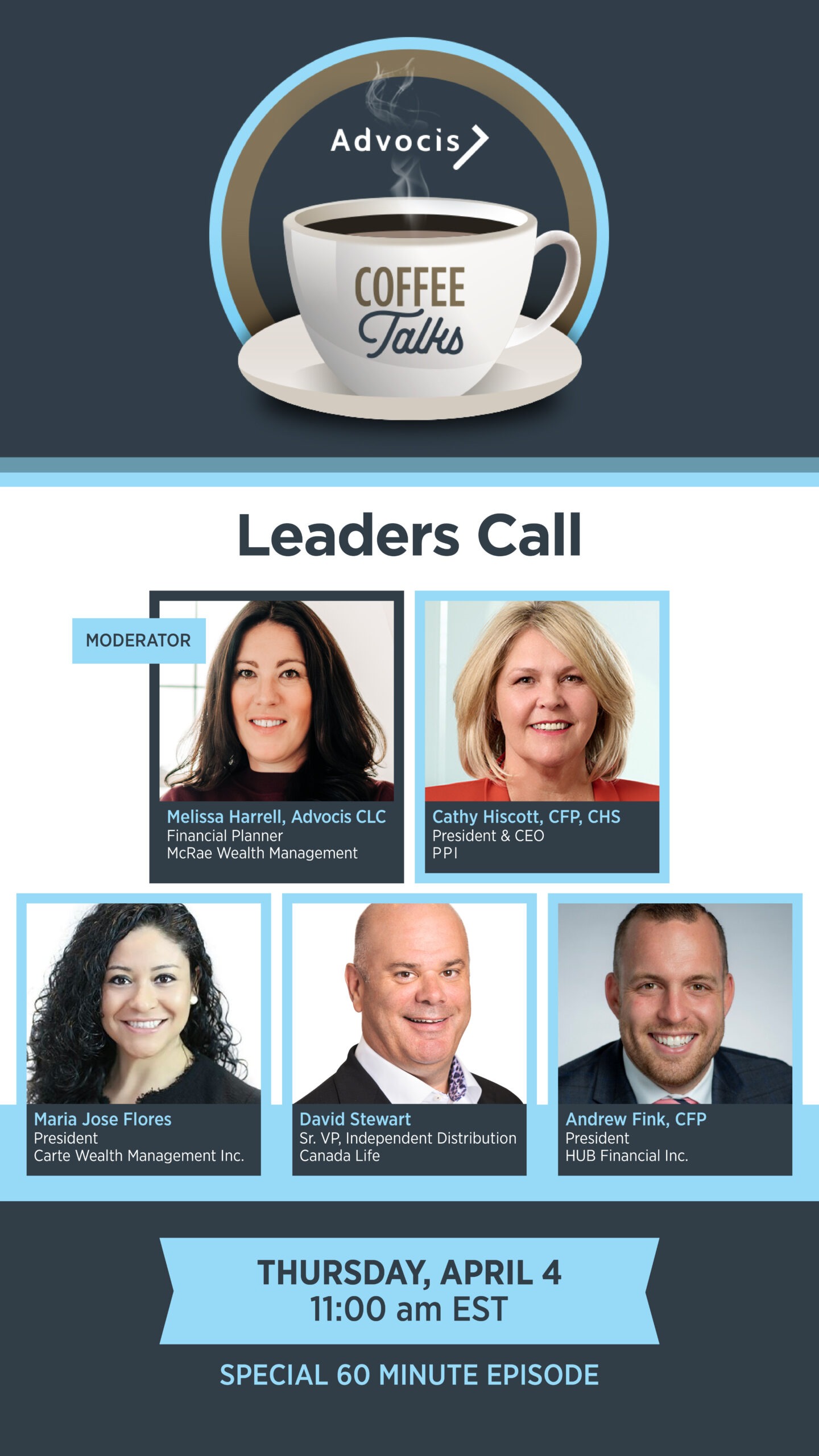By: Kira Vermond (Globe Advisor), April 24, 2020 – Ask Eric Lidemark, financial advisor and owner of Lidemark Financial Group Inc., to describe himself and the 66-year-old financial services industry veteran of 40 years throws around words like “self-employed” and “independent.” He’s also a world traveller and labels himself “a super positive guy.” But Mr. Lidemark can add another descriptor to his list: cancer survivor.
Six years ago, a routine colonoscopy revealed he had colon cancer. Mr. Lidemark, who until that point had never even spent a single night in a hospital, says he was shocked. Soon thereafter, he was booked for surgery and six months of chemotherapy.
Although chemo wasn’t a picnic, his three-week cycle – during which he received treatment every third week – meant he could work part-time from his home office when the worst of the side effects wore off.
Staying busy and earning income helped alleviate some of the stress, but so did the critical illness insurance coverage he sold to many of his clients and owned himself. Having that money available meant he could pay his bills and continue contributing to his registered retirement savings plan.
“I had zero financial stress,” he says. “Critical illness insurance made all the difference in the world.”
As COVID-19 spreads around the world, shuttering businesses and sending thousands to the hospital, being prepared for the worst is relevant not just for Canadians, but for their advisors, too.
In fact, the pandemic may be acting as a wake-up call for those advisors who have never given business emergency preparedness much thought even though other grave conditions – such as cancer and heart disease – are more likely to strike as they age.
Unlike Mr. Lidemark, though, many advisors don’t always take their own advice, says Greg Pollock, president and chief executive officer of Advocis.
“They know the right thing to do, but they don’t always do it,” he says, adding that advisors need to have business continuity plans in place and appropriate levels of business interruption insurance.
Mr. Pollock says some independent advisors have connected with others who have a similar approach to dealing with clients. They then create a loose partnership so if one becomes seriously ill, the other can hold the fort until the crisis has passed.
“But those are few and far between. There are a lot of people who have not put those practices in place – and they need to,” he says.
Christopher Dewdney, principal at Dewdney & Co. in Toronto, already has. He’s an independent advisor but shares office space and even a few support staff with another independent advisor. The two, both in their late 30s, now have a written agreement that outlines what would happen if either became sick in the short term – anything less than two years. If one can’t work due to disability or illness, a buy-out is on the table.
“Realistically, if you can’t come back to your business in two years at full force, you probably don’t have much of a business to come back to,” he says.
The agreement also outlines payment for the person picking up the slack.
“If someone is looking after your clients for two or three weeks, they don’t mind. Something prolonged, like six or eight months, it becomes a chore,” he says. “There needs to be compensation built in or that person is going to become resentful or even not give 100 per cent to your clients.”
Both advisors have insurance in place to cover a transition and to pay living expenses while ill. He also points out that trailing commissions may also lessen the financial blow if an advisor can’t work for months at a time because that money continues to come in.
Illness isn’t the only reason an advisor might need to take some time away from the office. Nancy Graham, a portfolio manager with PWL Capital Inc., in Ottawa had to step back for a few months in 2018 while taking care of ailing parents in another province.
The firm is set up in a way so that an advisor’s time away doesn’t create chaos. For starters, it uses a passive investing model.
“So, we don’t have to be in our chairs picking stocks, timing the market, making calls and choosing portfolio managers,” she says.
Furthermore, all PWL Capital advisors use the same tools and provide the same standard of service so each client is contacted a similar number of times or receives the same support. Documentation is standardized too, and the team is cross-trained so each person has a backup. They attend meetings together and take extensive notes.
“Anybody could step in and say, ‘Okay, I can pick this up. I know what the thread is, and I know what the commitments are,’” she says.
During her time away, being able to work part-time on the road meant clients were cared for, with the team’s help, but she could keep her private life private.
Mr. Lidemark also kept quiet about his cancer diagnosis at the time, although he says he’s more open to talking about his illness now.
“If you start telling everybody, ‘I’m 60 years old and I have cancer,’ what do you think is going to happen to your clientele?”
Since then, he has created a backup plan with another advisor he met and befriended at an industry event. Their emergency transition agreement is signed and ready – if needed.
“I’m very happy I have that agreement now,” he says.








